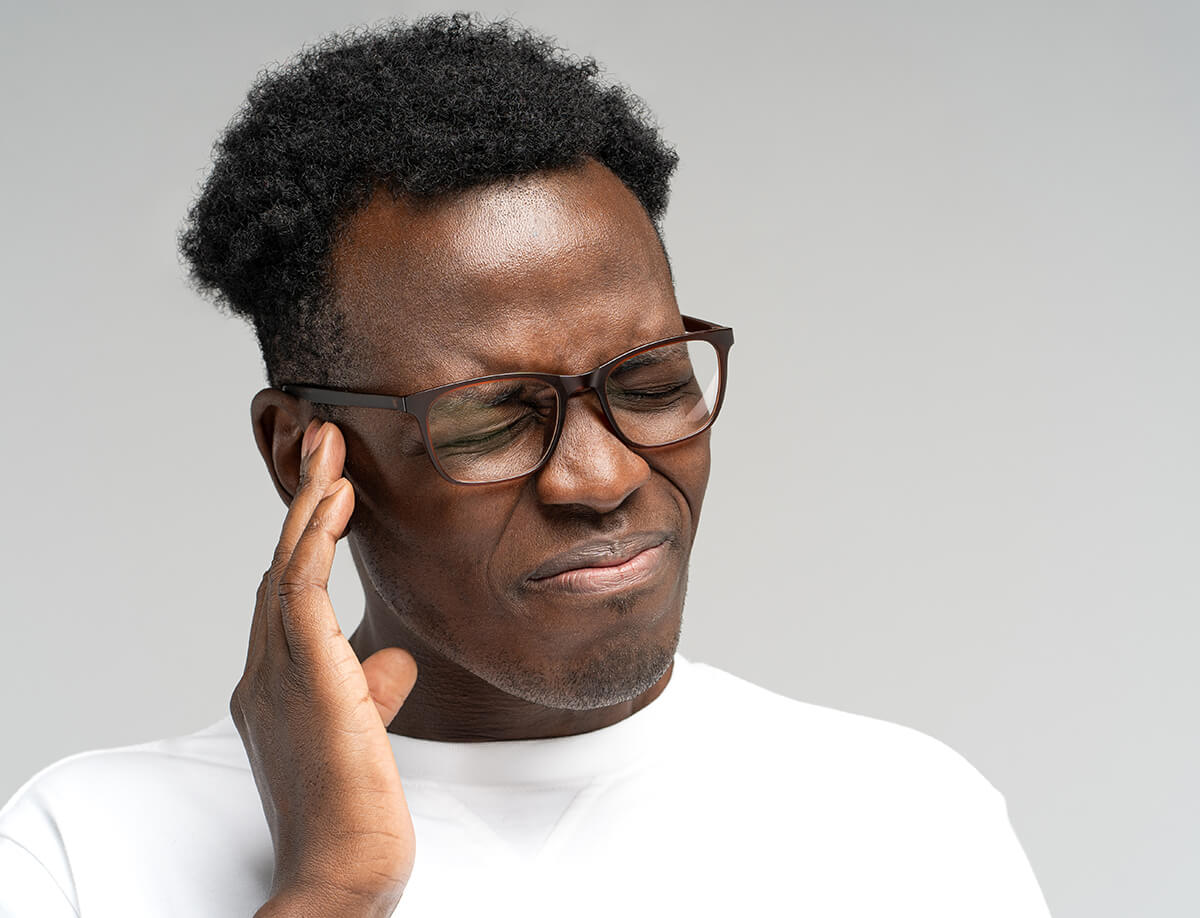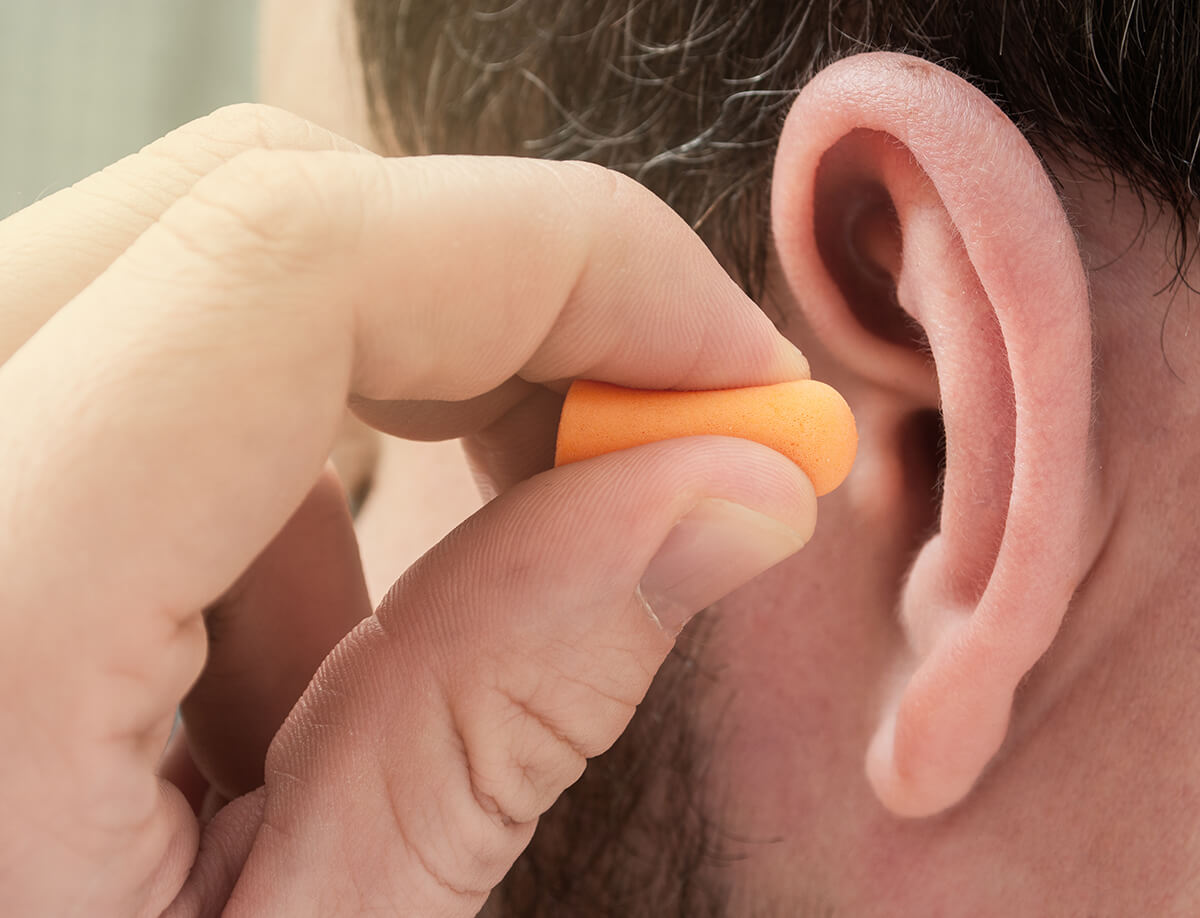Protect Your Hearing
Noise is one of the most common causes of hearing loss. Known as noise-induced hearing loss, this type of impaired hearing can result from one-time or consistent exposure to loud noise. We are exposed to varying levels and types of sounds every day. From alarm clocks to traffic, work environments, listening to music or a podcast, and using various household appliances - we are regularly exposed to noise. Some of this noise can be hazardous for hearing health, contributing to the development of noise-induced hearing loss. Understanding this risk and practicing safety measures can protect your hearing health and wellness.

What is noise-induced hearing loss?
Loud noise can permanently impair hearing by damaging hair cells in the inner ear. These hair cells are a critical part of the auditory system - the sensory system that manages hearing. There are thousands of hair cells in the cochlear which is located in the inner ear. These sensory cells help convert the soundwaves that the outer ear absorbs from the environment into electrical signals. Once converted, these signals get carried to the brain where they are further processed and assigned meaning to. This is what allows us to understand and make sense of what we hear.
Loud noise contributes to the desensitization of these sensory cells. Becoming less sensitive reduces their capacity to carry out their essential function - translating soundwaves for the brain. This results in the brain receiving less auditory information which forces the brain to work harder in trying to hear and process sound. Unlike other types of cells we have (skin cells for example), hair cells in the inner ear do not regenerate. There are also no medical treatments or interventions that can repair or replenish these cells. This means that any damage is permanent, resulting in noise-induced hearing loss.
How loud is too loud?
You are likely wondering how loud sound has to be to impact hearing. A common misconception is that sound has to be extremely loud or high to damage hearing health. We are exposed to everyday noises that are potentially harmful. Sound is measured in decibels (dB) and noise above 85dB is dangerous for hearing. This is the equivalent of busy traffic, a restaurant during peak hours, and a hair dryer. Experts suggest that people can be exposed to 85dB for 8 hours a day without impacting hearing health. But exceeding this maximum threshold for safe listening can impair hearing.
The Occupational Health and Safety Administration (OHSA) guidelines for safe listening recommends reducing exposure time by half for every 3-decibel increase of noise after 85dB. Their guidelines include:
- 85dB: 8 hours
- 88dB: 4 hours
- 91dB: 2 hours
- 94dB: 30min
Surpassing these exposure times for higher levels of noise can contribute to noise-induced hearing loss. This highlights the importance of protecting your hearing health from the noise you are exposed to.

Tips to protect your hearing health
Noise-induced hearing loss is 100% preventable. Practicing safety measures can significantly protect your hearing health. Simple tips you can integrate into your daily life include:
Contact us to learn more about how you can protect your hearing health!
